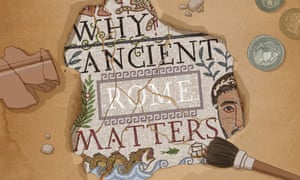 The Science and Development Forum 2018 at ETH Zurich,co-organized by
the Chair for history of the modern world, addresses the relation of
sports and development. Sports is a global topic with multiple
dimensions in the lives of individuals as well as in society.The Agenda
2030 recognises sports as a cross-cutting them of the 17 Sustainable
Development Goals. As part of the Forum, Prof. Fischer-Tiné will give a
talk on the relation of sports and colonialism (11:15, Auditorium
Maximum).
The Science and Development Forum 2018 at ETH Zurich,co-organized by
the Chair for history of the modern world, addresses the relation of
sports and development. Sports is a global topic with multiple
dimensions in the lives of individuals as well as in society.The Agenda
2030 recognises sports as a cross-cutting them of the 17 Sustainable
Development Goals. As part of the Forum, Prof. Fischer-Tiné will give a
talk on the relation of sports and colonialism (11:15, Auditorium
Maximum).The guest lecture will be held by Adolf Ogi, former President of the Swiss Confederation, on the topic of "Promoting sports for Sustainable Development and Peace" (13:30, Auditorium Maximum).
The chair for History of the Modern World deals with the
historical analysis of different forms of global interdependencies that
have increasingly shaped the world since the 18th century. The
implications of (post)colonial transnational relationships in the
development of Europe, North-America and the Global South are examined
in this context. The role of scientific experts, disciplines and
institutions, and transcultural knowledge in colonial and postcolonial
constellations are of particular interest. The history of processes of
globalization is combined with expertise in different extra-European
regions in the work done within this group. Research Teaching
The chair is part of the ETH's Institute of History and of History within the Department of Humanities, Social and Political Science. It contributes to the MA programme History and Philosophy of Knowledge and to the BA in Public Policy. The chair History of the Modern World is member of the Centre of History and Knowledge, jointly organized by ETH Zurich and the University of Zurich.
The chair is part of the ETH's Institute of History and of History within the Department of Humanities, Social and Political Science. It contributes to the MA programme History and Philosophy of Knowledge and to the BA in Public Policy. The chair History of the Modern World is member of the Centre of History and Knowledge, jointly organized by ETH Zurich and the University of Zurich.


